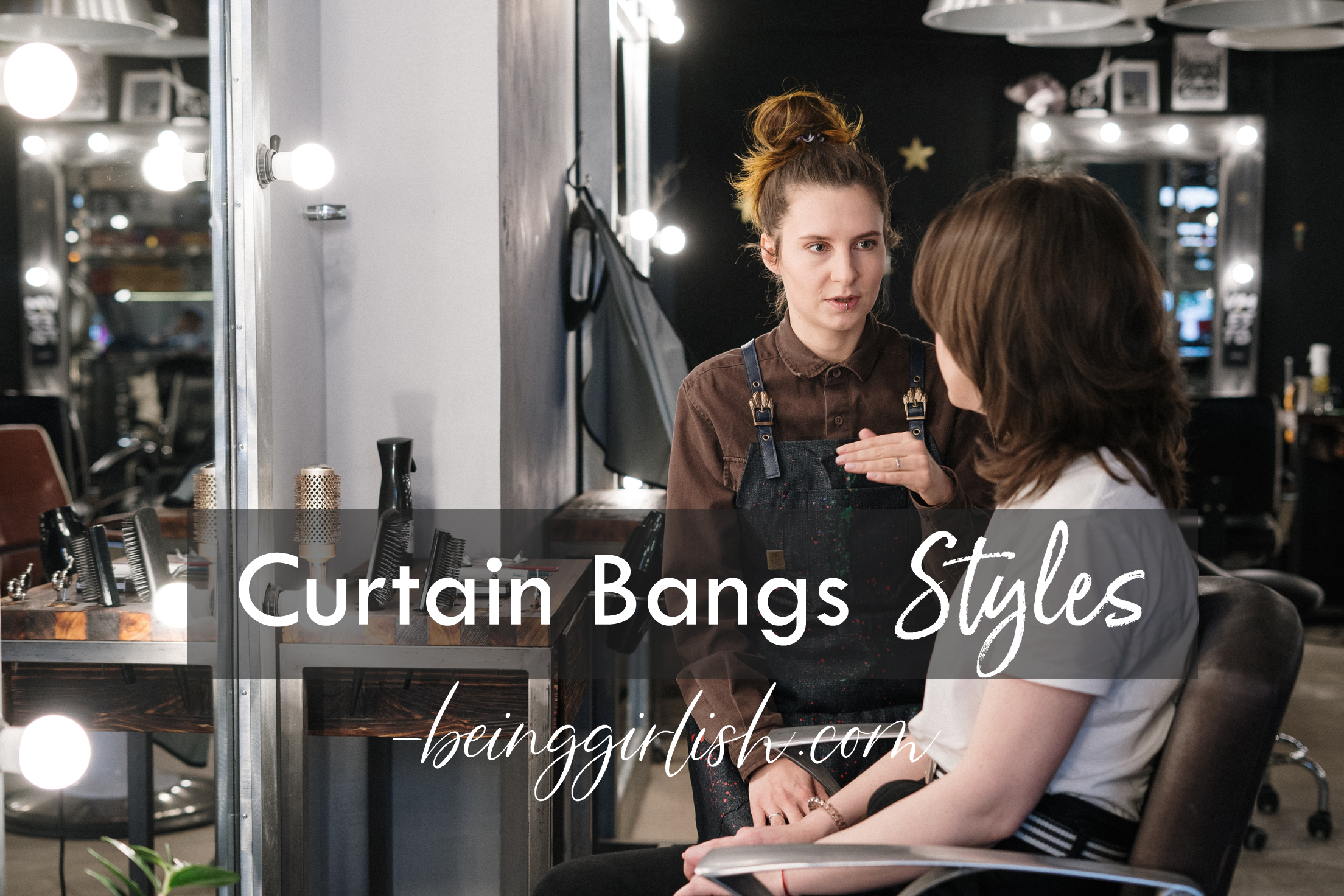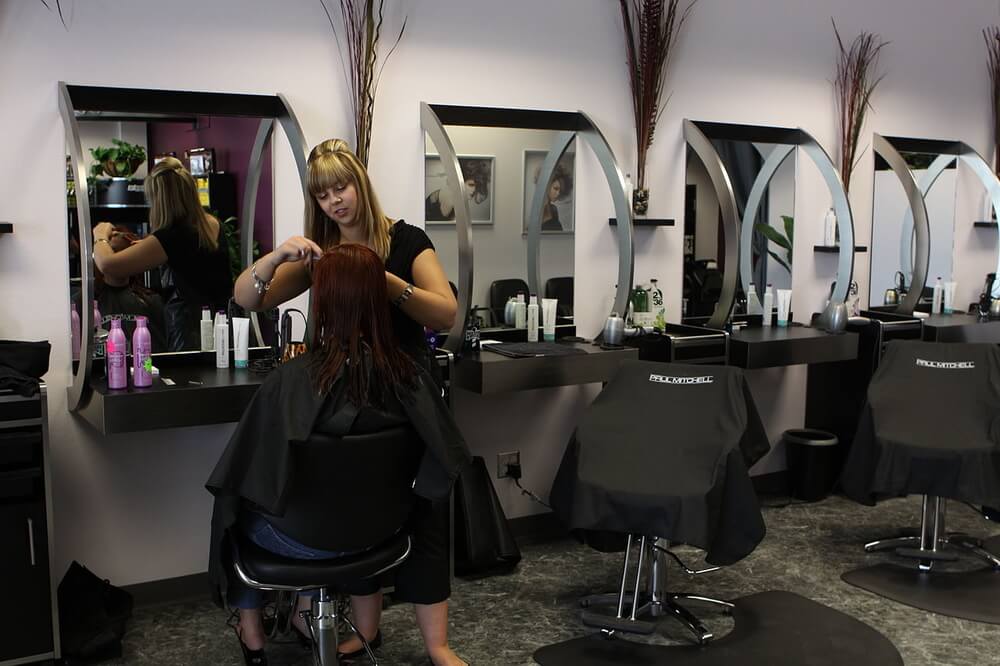The Impact of Social Media on Plastic Surgery
For the vast majority, social media is an integrated part of everyday life. Today, people are never far from their phones and they actively use social media to advertise there lives and on going events. Whilst social media has the ability to bring us together from all parts of the globe, whether that’s with friends, family or even strangers, there is an unfortunate side to its mass popularity and the exposure it gives.
With celebrities continuously updating their feeds with images that put you in awe of their lives and appearance, it is have a direct effect on our vanity, confidence and self esteem.
A recent study posted in TIME magazine, discovered a reappearing pattern that participants experienced feelings of envy, inadequacy and loneliness after they recorded the subjects scanning through a friend’s social media stream.
BAAPS (The British Association of Aesthetic Plastic Surgeons) also looked into this trend and carried out their own study. Their research interestingly revealed a growing number of patients have elected for cosmetic surgery as a direct result of how they wanted to appear to other people on social media.
For many, the desire is not to replicate a carbon copy of their idol, however what these images from social media are doing is psychologically making people evaluate themselves. This is having a damaging effect to their self esteem as when comparing themselves, it only makes them scrutinize and exaggerate their self-confessed imperfections further.
As pictures are now readily available at the click of a button for everybody to see, people are much more concerned with how they look. Therefore,as image consciousness is so high, those flaws become harder to ignore and when they’re positioned on your feed next to a picture of a model, it does not help a person’s self confidence.
As humans, we are all guilty of comparing ourselves to other people but social media is leading us to amplify the rate of this comparison due to the accessibility of the platforms.
Each year, we are seeing a boost in the number of cosmetic surgery procedures performed across the globe. The most popular treatments used to be breast augmentations and face/neck lifts however, recent statistics collated in the UK, found that there had been a shift toward subtle tweaks rather than tucks for a more natural appearance. This is a trend that has in turn resulted in a rise in non-surgical procedures such as Bot ox, fillers and thread lifts.
Despite the unideal emotional effects social media has had on people, it has also brought about an opportunity to cause a positive impact on cosmetic surgery. Companies are now taking advantage of the fact that these platforms are so accessible. They are using it as a way to ‘open the doors’ do to speak. Now companies and surgeons can provide invaluable information to potential patients allowing them to get a more in depth idea of treatments and the risks involved. With the ease of use, it then means that people can view real life reviews from previous patients that have undergone the same treatment, giving them a more informed view on the decision they’re about to make.
With the rise in treatments, it has unfortunately also led to an increase in the number of cosmetic surgery claims due to unqualified surgeons botching treatments for quick cash. The number of saddening cases only highlights the importance of research. The companies and governing bodies have therefore reacted to this by using social media, not to advertise but to instead educate. This as a result, is shifting the negative connotations and building trust with the associated companies operating in the industry. Patients in light of this,are making a conscious effort to educate themselves on the surgeon and the realistic expectations in terms of the outcome of their treatment.
So regardless of whether or not it is having a positive effect on cosmetic surgery, it is still causing a large shift in the amount of people wanting to enter into surgery. What is encouraging is that companies are choosing to inform through social media and not exploit the individuals concerned.













